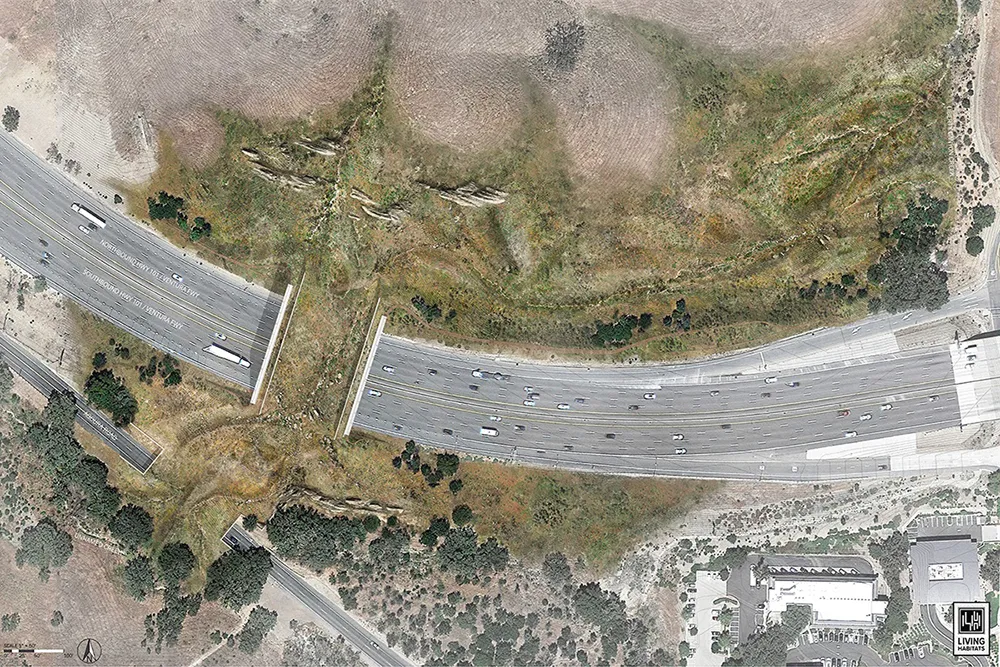A new ten year plan released by the Maine Turnpike Authority defers decisions on work to upgrade its three largest toll plazas pending completion of a next generation toll collection study that will consider the costs and benefits of going all-electronic, versus open road electronic tolling (ORT) and cash and a timetable.
Objections from local residents and the failure of the Turnpike to consider the alternative of all-electronic tolling (AET) led to the delay of a previous ten year plan in 2009 that set
December 19, 2013
Read time: 2 mins
A new ten year plan released by the Maine Turnpike Authority defers decisions on work to upgrade its three largest toll plazas pending completion of a next generation toll collection study that will consider the costs and benefits of going all-electronic, versus open road electronic tolling (ORT) and cash and a timetable.
Objections from local residents and the failure of the Turnpike to consider the alternative of all-electronic tolling (AET) led to the delay of a previous ten year plan in 2009 that set 2011 as the year for start on rebuild of the main south-end toll plaza designed to be an ORT plus cash plaza.
April this year saw the beginning of ORT in some areas of the toll road and other ORT conversions of central lanes are planned, keeping some cash collection to each side. The cash toll collection system meanwhile is being replaced.
Cash continues to be the payment mode for some 37 per cent of transactions, and similar for Maine E-ZPass. The major growth in electronic tolling has come from travellers from outside with non-Maine E-ZPass transponders, now generating 25 per cent of transactions.
The new US$258m million ten year capital plan has US$123 million budgeted for bridge rehabilitation, US$70 million for pavement rehabilitation, $21 million for interchange improvements and US$19 million for immediate toll system upgrades.
Objections from local residents and the failure of the Turnpike to consider the alternative of all-electronic tolling (AET) led to the delay of a previous ten year plan in 2009 that set 2011 as the year for start on rebuild of the main south-end toll plaza designed to be an ORT plus cash plaza.
April this year saw the beginning of ORT in some areas of the toll road and other ORT conversions of central lanes are planned, keeping some cash collection to each side. The cash toll collection system meanwhile is being replaced.
Cash continues to be the payment mode for some 37 per cent of transactions, and similar for Maine E-ZPass. The major growth in electronic tolling has come from travellers from outside with non-Maine E-ZPass transponders, now generating 25 per cent of transactions.
The new US$258m million ten year capital plan has US$123 million budgeted for bridge rehabilitation, US$70 million for pavement rehabilitation, $21 million for interchange improvements and US$19 million for immediate toll system upgrades.










